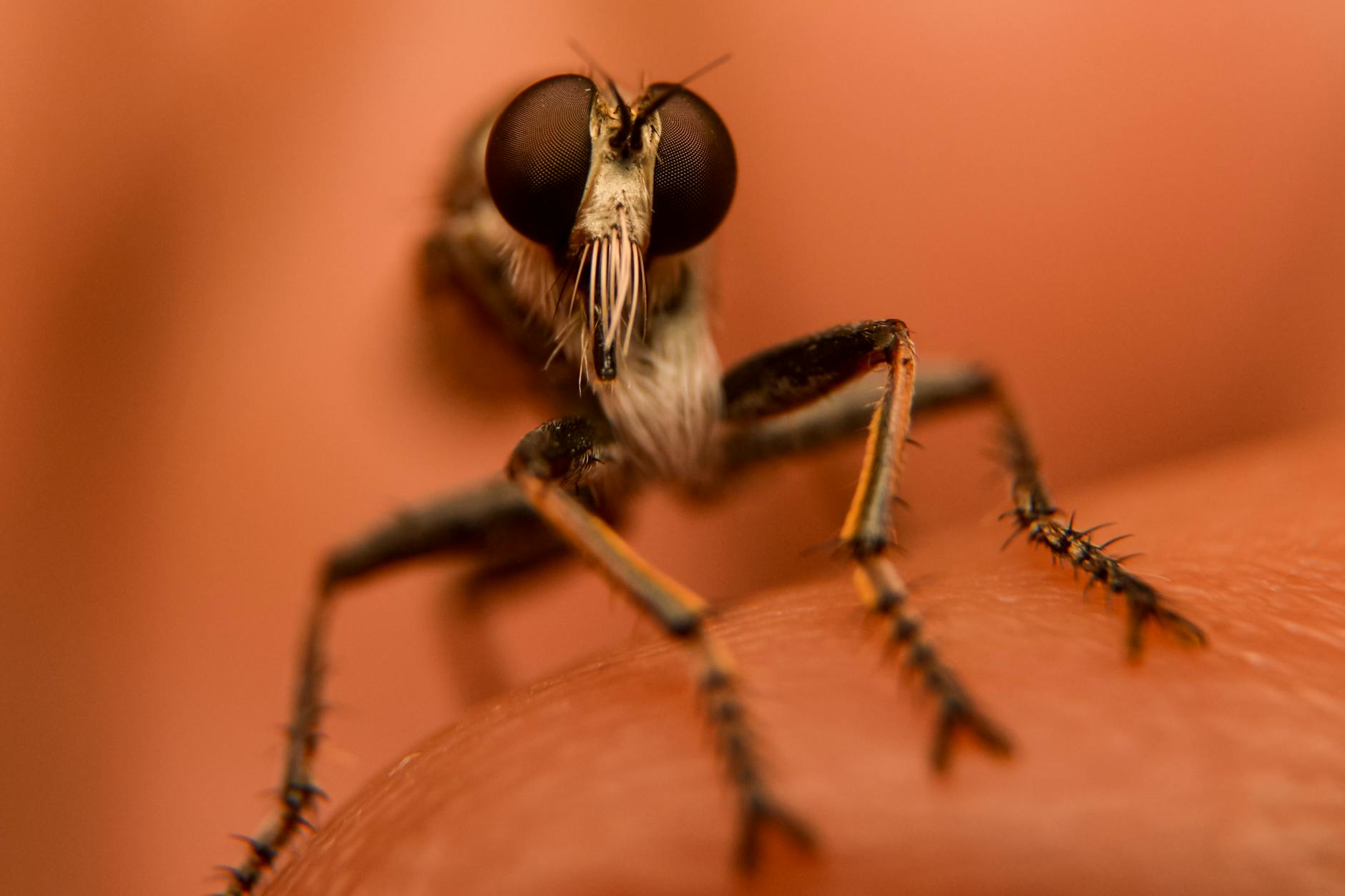Human African Trypanosomiasis, also known as sleeping sickness, is a serious disease caused by tiny parasites called trypanosomes. These parasites are transmitted to humans through the bite of the tsetse fly, which is common in certain regions of Uganda. Early recognition and treatment are essential to prevent serious complications or death.
If you have been bitten by a tsetse fly or are experiencing unusual fatigue, headaches, or sleepiness, you can get personalised advice and treatment from licensed doctors through Hope Plus to start care promptly.
Causes of Sleeping Sickness
Sleeping sickness is caused by two main types of trypanosomes:
- Trypanosoma rhodesiense, found mostly in the Central and Eastern regions of Uganda.
- Trypanosoma gambiense, more common in the West Nile region.
Signs and Symptoms
Symptoms may appear differently depending on the type of parasite and the stage of the disease:
T. rhodesiense (East Uganda)
- Incubation: 2–3 weeks after a tsetse fly bite.
- Early stage (haemolymphatic stage): Persistent headache, fever, joint pains, and swollen lymph nodes.
- Late stage (meningoencephalitis stage): Weeks later, neurological symptoms appear such as extreme sleepiness during the day, mood changes, confusion, paralysis, seizures. Untreated, this stage can lead to severe weakness, coma, and death within 3–6 months.
T. gambiense (West Nile region)
- Develops more slowly, sometimes over several years.
- Symptoms are similar but less acute, and disease progression is slower.
Differential Diagnosis
Because symptoms overlap with other conditions, doctors may need to consider:
- Malaria
- Meningitis
- Tuberculosis
- HIV/AIDS
Investigations
To confirm sleeping sickness, doctors may use:
- Blood tests to look for trypanosomes.
- Examination of cerebrospinal fluid (CSF) for parasites and white blood cell count.
- Samples from the bite site or swollen lymph nodes.
Disease Stages and Treatment
Treatment depends on whether the disease is in the early stage or late stage (affecting the brain and nervous system).
Early Stage (CSF is normal)
T. rhodesiense:
- Suramin IV is used. A test dose is given first to ensure no severe allergic reaction. Then, five doses are administered every 5 days, with specific doses depending on the day.
T. gambiense:
- Pentamidine IM is given for 7 days, usually with food, and patients remain lying down during administration to prevent low blood pressure.
Late Stage (parasites reach the nervous system)
T. rhodesiense:
- Melarsoprol IV daily for 10 days.
T. gambiense:
- Eflornithine IV for children and adults, with doses adjusted by age and weight. Children under 12 receive 150 mg/kg every 6 hours for 14 days, while older children receive 100 mg/kg every 6 hours for 14 days.
Relapses
- IV Melarsoprol is used again for 10 days.
- Corticosteroids may be given to reduce side effects or inflammation in late-stage treatment.
Important Notes
- Suramin is not used in areas with onchocerciasis (river blindness) as it may cause eye damage in infected patients.
- Patients should always be treated at referral facilities where trained staff and monitoring are available.
Prevention of Sleeping Sickness
You can reduce your risk of infection by:
- Trapping tsetse flies around homes and paths.
- Clearing bushes near living areas to reduce tsetse fly habitats.
- Early detection and treatment of cases in the community to prevent spread.
Early recognition of symptoms and prompt treatment are essential to prevent severe complications. If you notice persistent fever, extreme sleepiness, or confusion after a tsetse fly bite, seek immediate care through a healthcare facility or get personalised guidance through Hope Plus.


